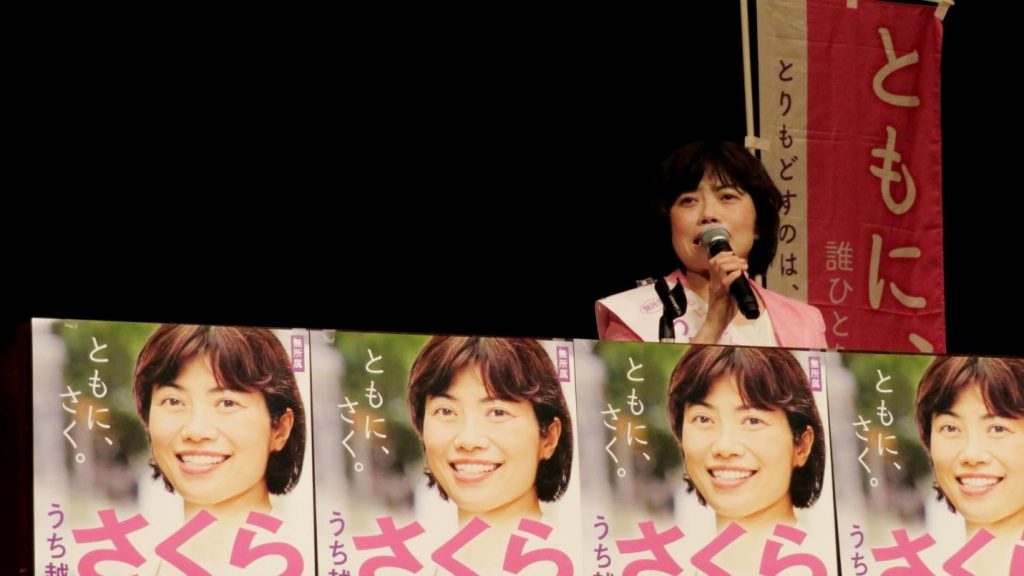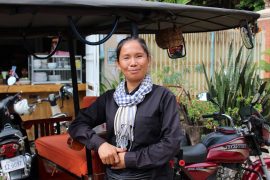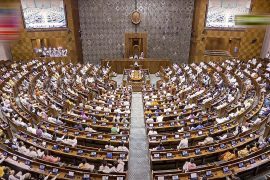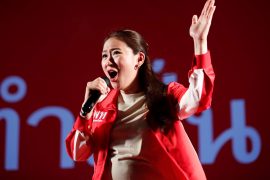Japanese Prime Minister Shinzo Abe’s aim of bridging the gender-equality gap is beginning to take shape in Parliament, although it is largely thanks to women from opposition parties.
Twenty-eight women were elected to the upper house of Parliament recently, tying the record set in the previous upper-house election three years ago. That represented 23% of the 124 seats at stake. Sixteen of the 28 new women came from outside Mr. Abe’s ruling coalition, which retained its majority in the election, putting Mr. Abe on track to become the nation’s longest-serving leader.
In elections that focused on diversity to an extent that is rare for Japan, opposition parties hoped that fielding a large number of female candidates would loosen Mr. Abe’s grip on power.
A record 28% of candidates were women, in the first national election held since a gender-parity law was implemented last year saying that political parties must aim to put forth an equal number of male and female candidates. There is no penalty for parties that don’t meet the target, and 15% of the candidates from Mr. Abe’s ruling Liberal Democratic Party were women.
While many opposition women fell short, a few upset incumbents from the ruling party. Shizuka Terata, an independent backed by several opposition parties, won a seat in northern Akita prefecture over an LDP incumbent.
Ms. Terata campaigned against Mr. Abe’s plan to deploy a missile-defense system in the prefecture, and prevailed despite a visit by Mr. Abe to Akita on the day before the election to stump for the LDP incumbent, Matsuji Nakaizumi.
“In the latter part of the campaign, I felt as if I was battling the entire government,” Ms. Terata said after her victory.
In Miyagi prefecture, Noriko Ishigaki, a newcomer from the Constitutional Democratic Party, upset incumbent Jiro Aichi from the LDP, who had been elected by the prefecture three times in the past.
Mr. Abe’s party will not feel immediate pressure to field more women, but “the gradual trend toward more female candidates will continue into the next election,” said Kentaro Maeda, who teaches politics at the University of Tokyo’s graduate school of law and politics.
Elections for Parliament’s lower house must be held by the fall of 2021. Only 47 of 463 lawmakers in that chamber are women.
Diversity in general was a theme of Sunday’s election. Two candidates with severe disabilities were elected from a small opposition party, including one who is largely paralyzed owing to amyotrophic lateral sclerosis, or Lou Gehrig’s disease.
Taiga Ishikawa, one of the first openly gay politicians in Japan, also won a seat, running on the ticket of the opposition Constitutional Democratic Party. His party plans to introduce a bill to recognize same-sex marriage.
As of June 1, the Inter-Parliamentary Union ranked Japan 163rd in the world in terms of women’s representation in the legislature. The U.S. tied for 77th, with women making up 23% of the House and 25% of the Senate.
Source: The Wall Street Journal





Comments are closed.